For the Midsummer installment of the Choralosophy ChoralNet blog, I am encouraging you to take a professional development break from your summer fun, not to “do work,” but to begin thinking ahead. To start hoping, dreaming, and scheming for your BEST academic year yet. In fact, I believe that in order to be a a”professional educator,” the summer must include this type of reflection AND planning. I know we’re off the clock, but if your goal is to be the absolute best for your students and singers, this time spent is crucial. Trust me, I am all for unplugging and unwinding, in fact, I am doing that right now as I type this drinking coffee in a cabin in the Black Hills.
In this post, I have curated several discussions from the last 2 and half years, and almost 110 Choralosophy Podcast episodes that I think can contribute to every choral director’s professional development and improvement for next year. The foundation of what we do every day rests upon our mastery of the fundamentals, and our ability to convey these concepts to our students. Please browse the library below, and enjoy your summer!
Understanding the Science
An important part of what we do IS science. Don Brinegar and I had an eye opening discussion about how tuning systems work, and how to teach this concept to our choirs in a way that improves their ear, AND their understanding of how tuning systems vary around the world. Amanda Quist joined me for another tangential, and mind blowing conversation about teaching concepts of resonance.
Another really important conversation regarding the science of our job is the vocal ped conversation. Choir directors are often thought to have an insufficient education in this area, often times leading to some assumptions and oversimplifications being taught to students in a choral setting. For this conversation, I will point you toward a session delivered at the Choralosophy Convention in Atlanta back in April. This session by Beth Munce, my FAVORITE voice teacher specializing in introducing adolescent voices to classical technique, was revolutionary for those in attendance, and we had a lot of great conversations about “Things Choir Teachers Shouldn’t Say” about the voice. The full session can be accessed on the Choralosophy Patreon feed for subscribers only. (normal episodes are always free.)
In Episode 44, Dr. Andrew Crane and Dr. Jami Rhodes joined me for another voice science and pedagogy conversation that is a MUST listen for any director wanting to avoid the pitfall of teaching a diverse group of voice types and body shapes etc by using “one size fits all bandaids.”
Most recently, I did a short “Car Thoughts” video with some easy to try tips related to achieving resonance from young singers WITHOUT asking them to “sing louder.”
Literacy Starts on the First Day of School
Students at any place along the learning curve CAN be taught to read music, and can be taught to do it WITHOUT notes being played simultaneously. This begins of course, with rote training. They must have an aural picture in their mind for pitch relationships, and they must have at least a beginning level of confidence making noises. This can be developed AND connected to literacy concepts on the first day of school. From there, it’s just about consistency, and holding students accountable with logical, growth oriented grading systems. ALL students can learn to be literate.
I recommend listening in the following order: 1. Episode 18, Episode 21, Episode 52. These are all connected to each other and should be very cohesive. Then, follow up with Episode 69 and “Growth vs. Achievement.”
See Below for a list of Literacy and grading episodes. The podcast players below will contain all of the audio for free!
You can listen from the widgets below which will take you to Apple or Castbox to finish listening, or you can find the show on Google Play, Spotify, Youtube or Stitcher!



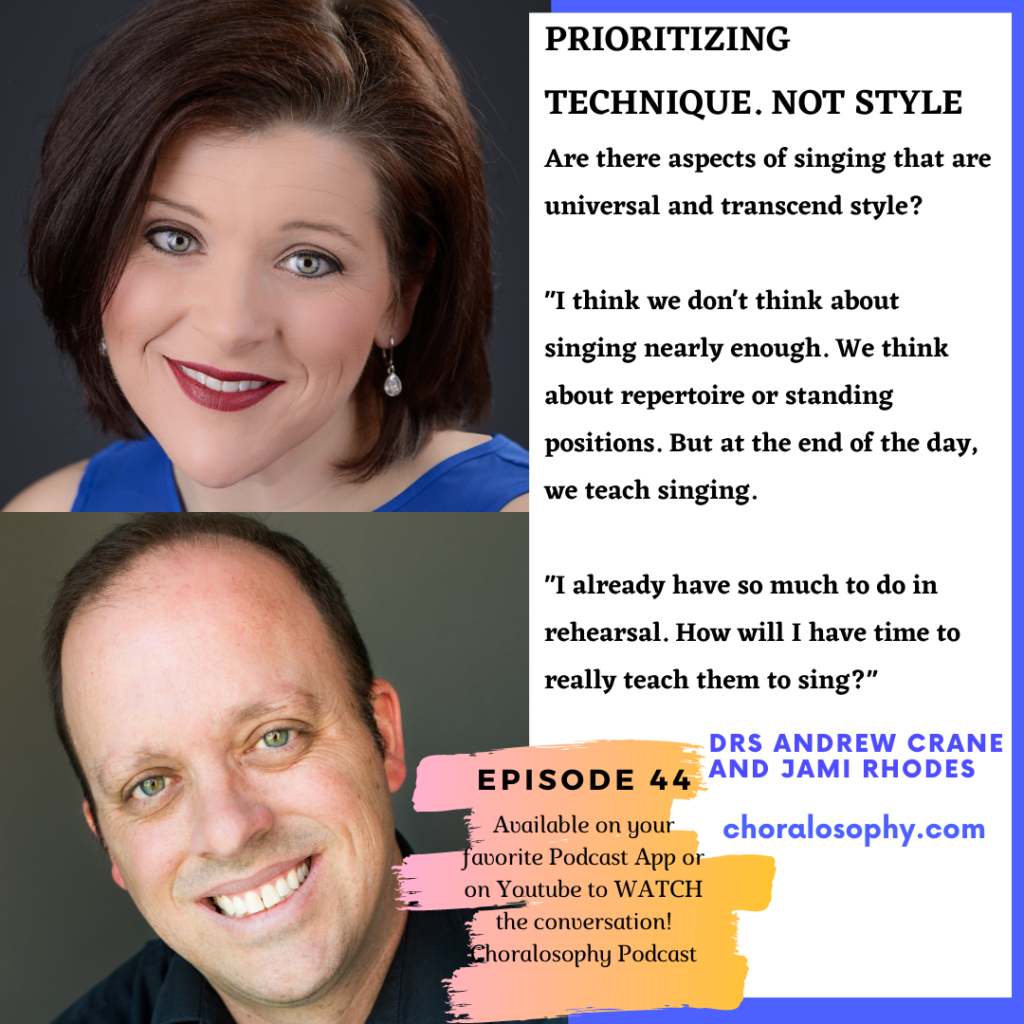
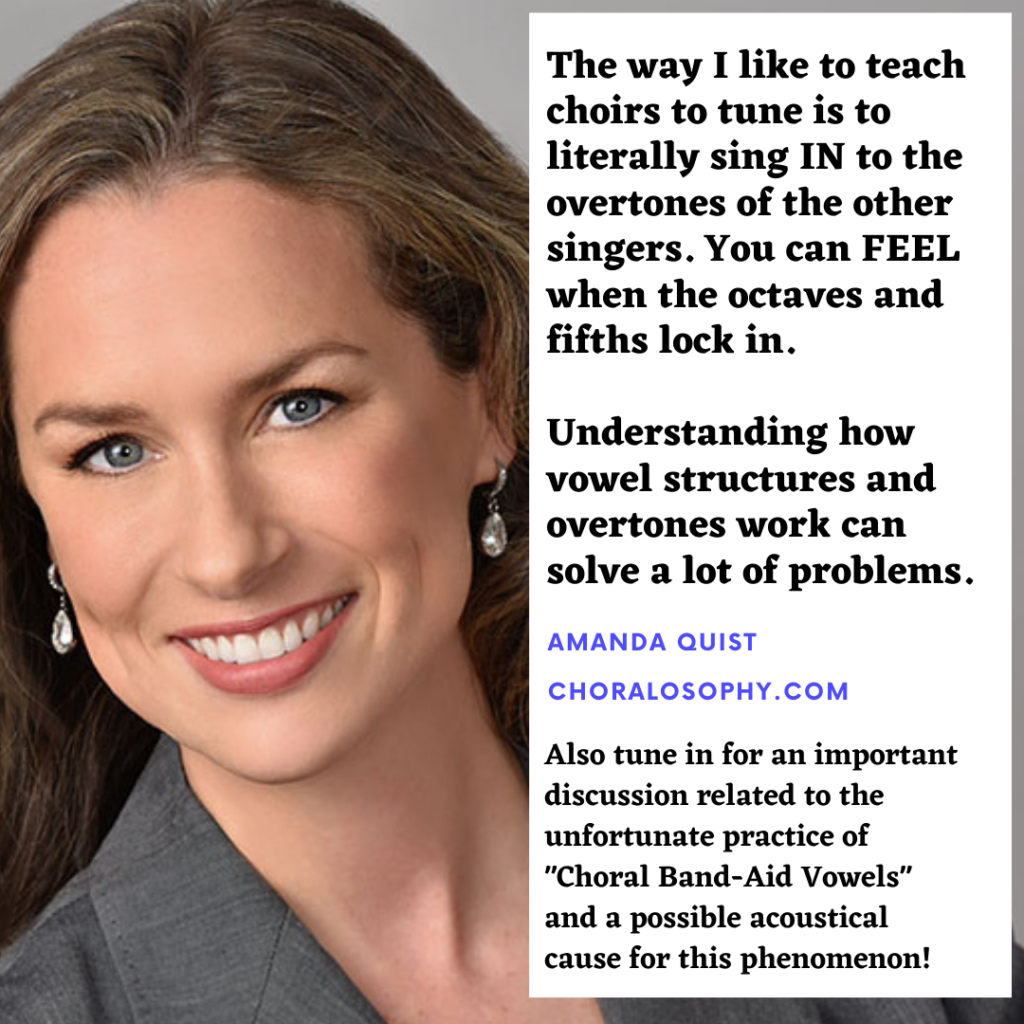

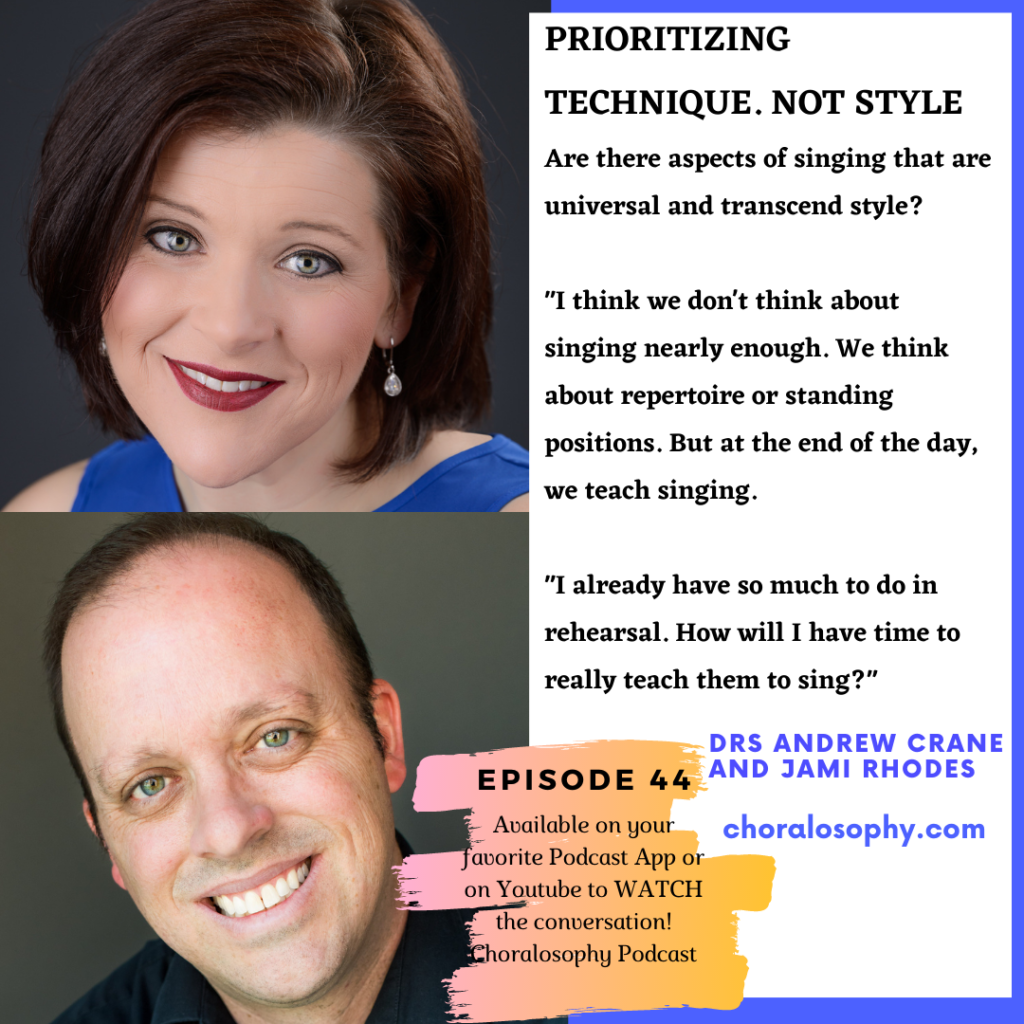

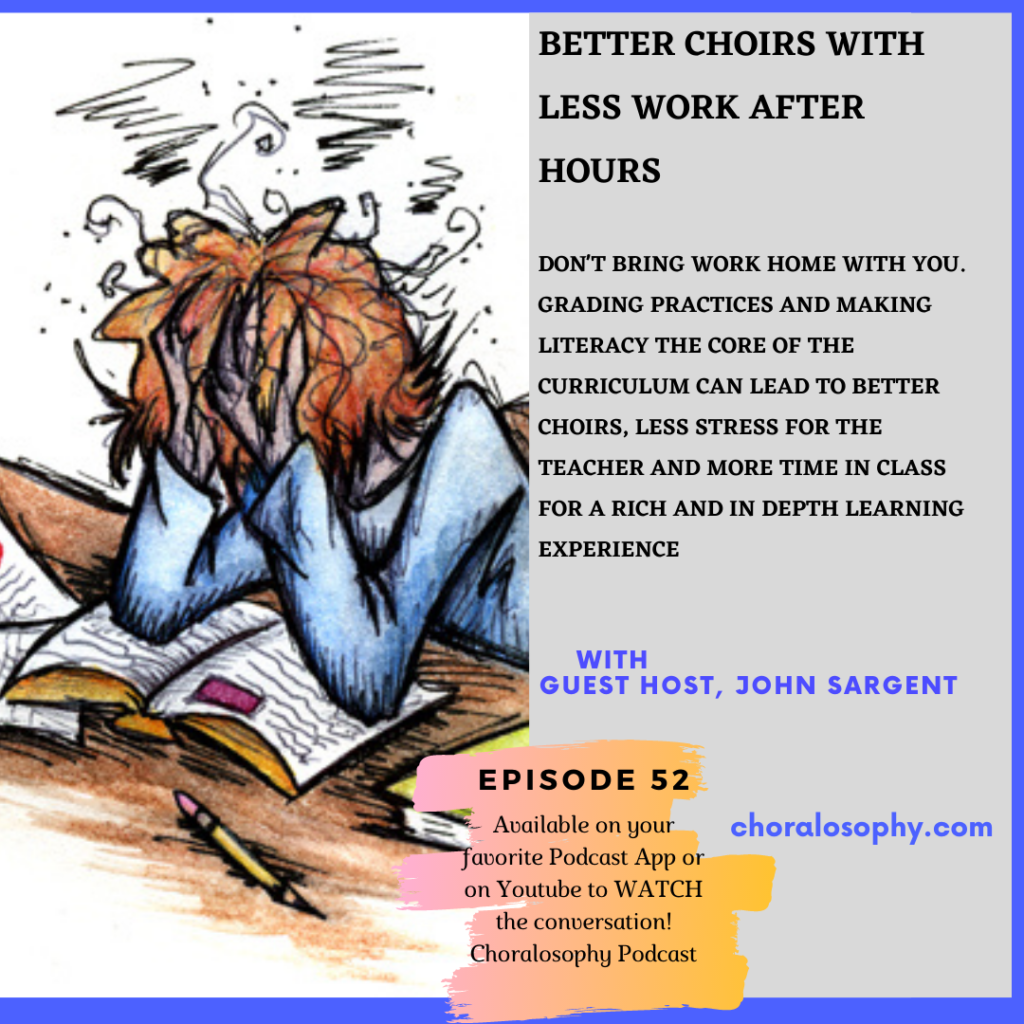

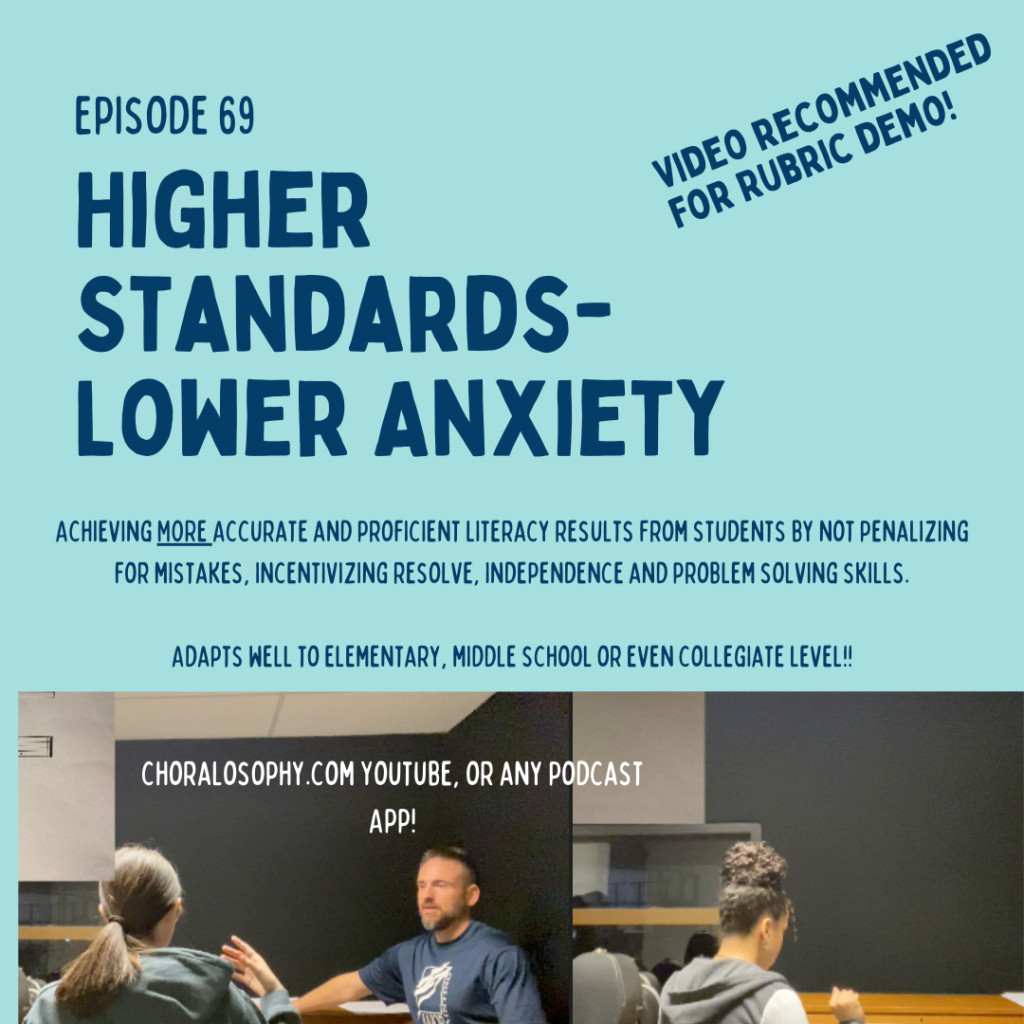
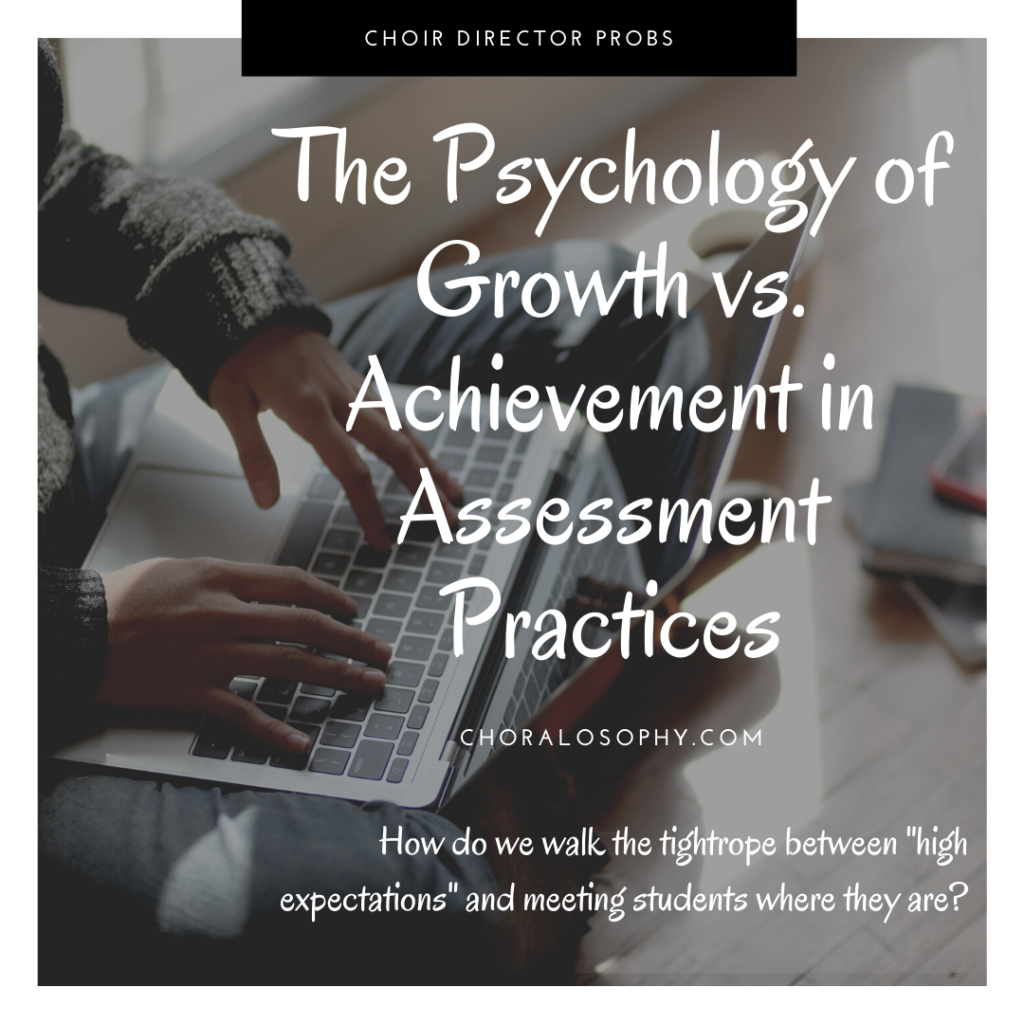
Leave a Reply
You must be logged in to post a comment.